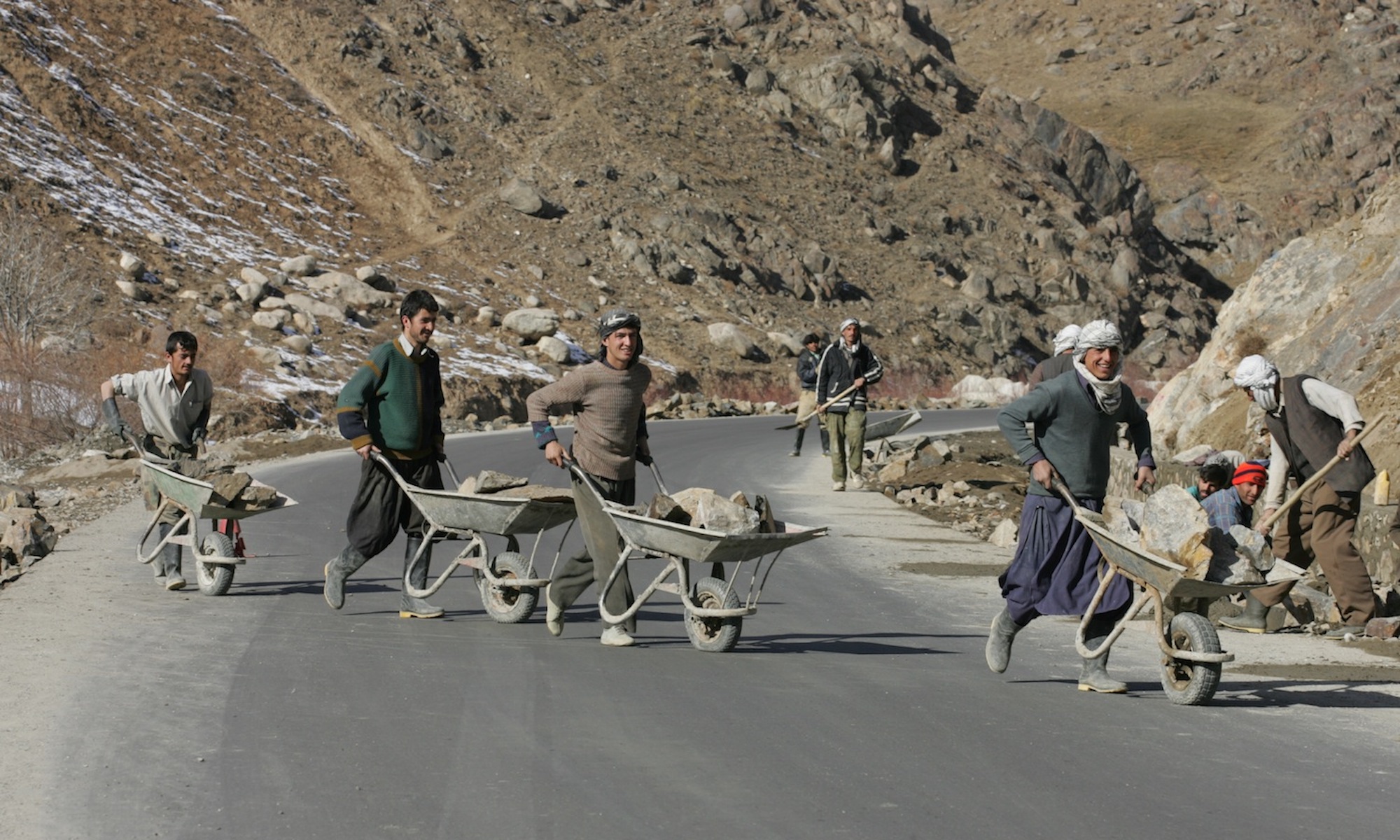This paper examines the post-war reconstruction programme in Afghanistan, arguing that it contains the seeds of radical social change. The paper analyses the tensions of the present reconstruction project in light of the past experience of similar programmes launched by Afghan rulers and their foreign supporters. The central argument is that the conflation of post-war reconstruction with a broader agenda for development and modernisation has brought out a wide range of tensions associated with social change. Simultaneously the prominent foreign role in the undertaking has increasingly had negative effects. As a result, the entire project shows signs of severe contradictions that are adding to the problems caused by the growing insurgency.
Economic Aid to Post-conflict Countries: A Methodological Critique of Collier and Hoeffler
In the past five years, research sponsored by the World Bank on the economic aspects of civil war under the research directorship of Oxford economist Paul Collier has had an extraordinary influence on the subsequent study of violent conflict and civil war and on international policy. The research project has now turned its attention to the problem of countries emerging from civil war and what Collier and his co-author, Anke Hoeffler, call ‘a first systematic empirical analysis of aid and policy reform in the post-conflict growth process.’ Building on the influence of their earlier research and the lively interest currently in knowledge about and policy on post-conflict strategies, this work is likely to be equally influential on research, thinking, and policy. It is all the more important, therefore, to subject the research to critical examination before it becomes established as conventional wisdom. This note reports one such attempt to analyze some major methodological problems with the study and argues that the research cannot sustain the conclusions they draw or the resulting policy recommendations.
